Sean Schemmel and Christopher Sabat, the longtime English dub voice actors for Goku and Vegeta, respectively, in the Dragon Ball franchise, shared the importance of not straining your voice as illustrated by the time Schemmel straight up passed out from screaming so much while unleashing an epic Kamehameha.
Both Schemmel and Sabat fielded questions from fans during a panel they hosted at Rose City Comic Con in Portland, Oregon.
One fan called Schemmel’s scream going into Super Saiyan 3 Goku “iconic” and wanted to know what advice he had for young actors not messing up their voices. The actor offered a lot of interesting tips, including listening to your own voice with headphones in order to self-monitor. “If you can’t hear yourself, you’re going to strain your voice. You’ve gotta have good acoustical feedback,” he said. In addition, Schemmel said if you feel a sharp pain while performing a scream, to the point that your eyes water, you should probably stop. He also stressed the importance of using your diaphragm, too.
Another important point Schemmel brought up was monitoring your own breath and making sure there’s enough air in your lungs to actually sustain the kind of screaming you’re going to do. It was along those lines that Schemmel said he made a crucial miscalculation that caused him to pass out during one such screaming session.
“One of the reasons I passed out on Super Saiyan 4 Kamehameha Dragon Ball GT was because I exhaled too quickly relative to the amount of air and the length of the scream, and I didn’t calculate it right. And so I exhaled so quickly, I compressed my diaphragm and cutting off my blood supply. And then I guess I passed out.”
Both Schemmel and Sabat explained that the screams you hear from Goku and Vegeta that seem to last for minutes on end are actually spliced together from several different takes using editing. “I can’t hold a scream for 2-3 minutes, okay?” Schemmel said.
What’s more, shows like Dragon Ball Z often alternate between the scenes in which they are uttering a sustained scream and showing other characters in a different setting, creating gaps in the amount of time the actors have to continuously perform during each take. As Schemmel explained,
“Right at the end of that first cut I’ll start recording again on the same pitch and then they’ll fuse that together using editing magic. And then I will go back over the cut and into the next scream. So then when they stitch them all together, it all sounds like one scream because I’m matching the pitch.”
“There’s definitely inhumanely long screams in Dragon Ball that are impossible to do,” Sabat added. “And even the Japanese one will just go ‘Haa-aa’ and then the characters just like left with their mouth open for another five seconds.”
However, even with the assistance of editing, creating those sustained screams still takes a lot of practice for the actors, in terms of matching the pitch each time, which can be “very, very difficult,” Sabat said.

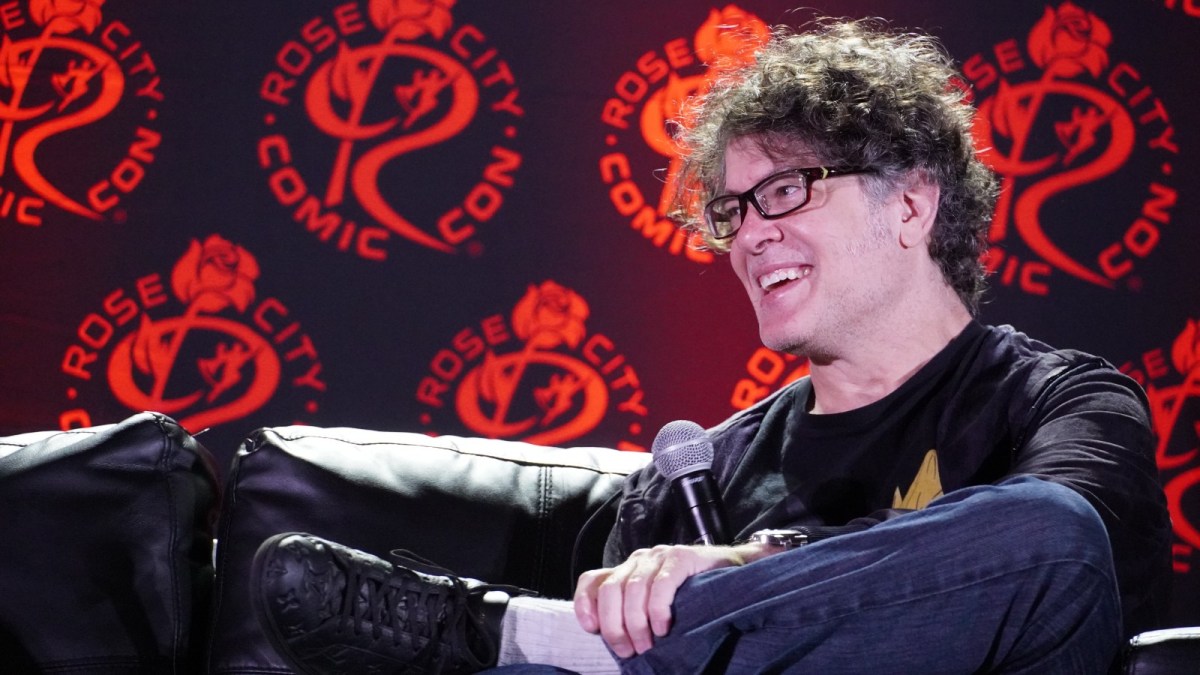
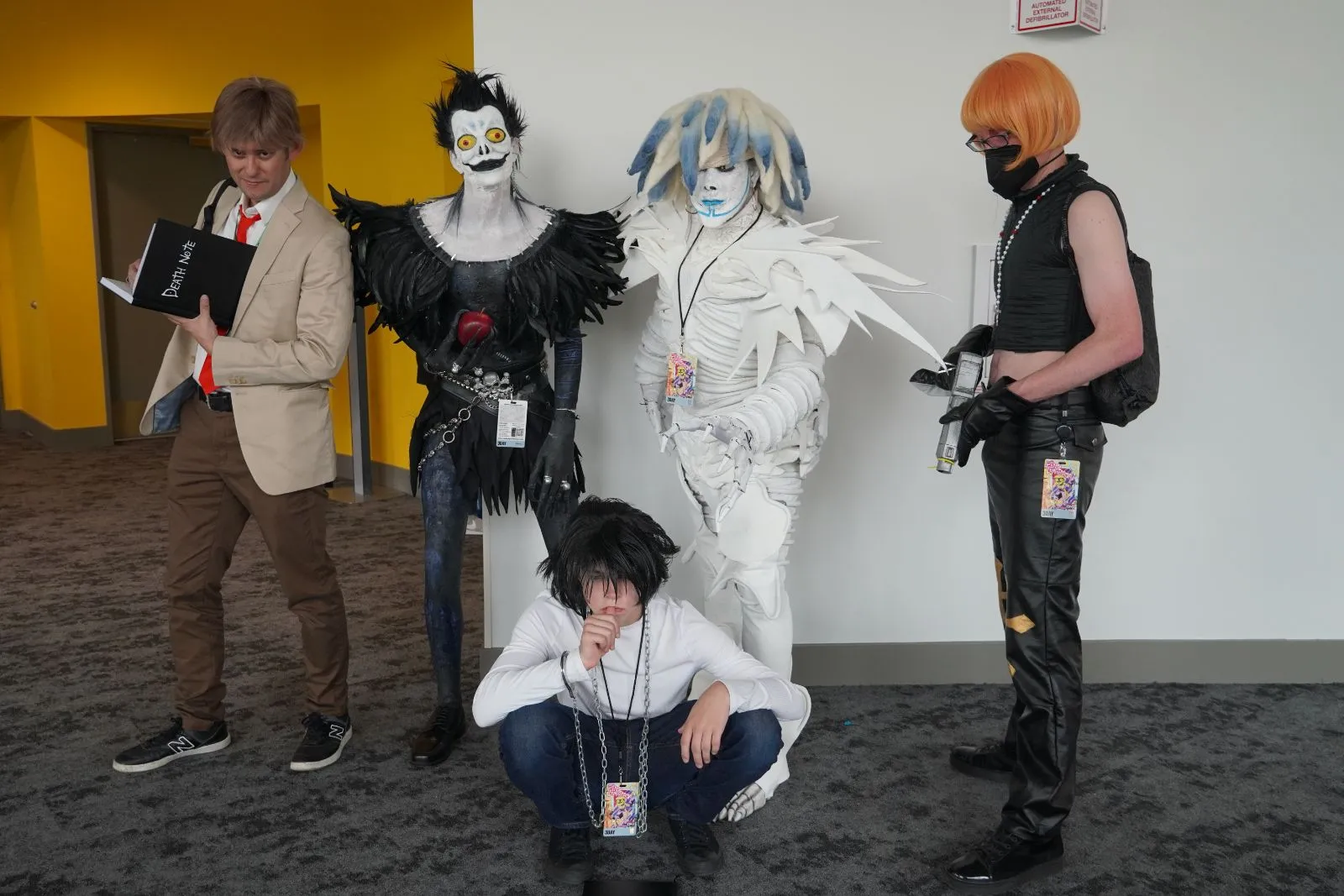
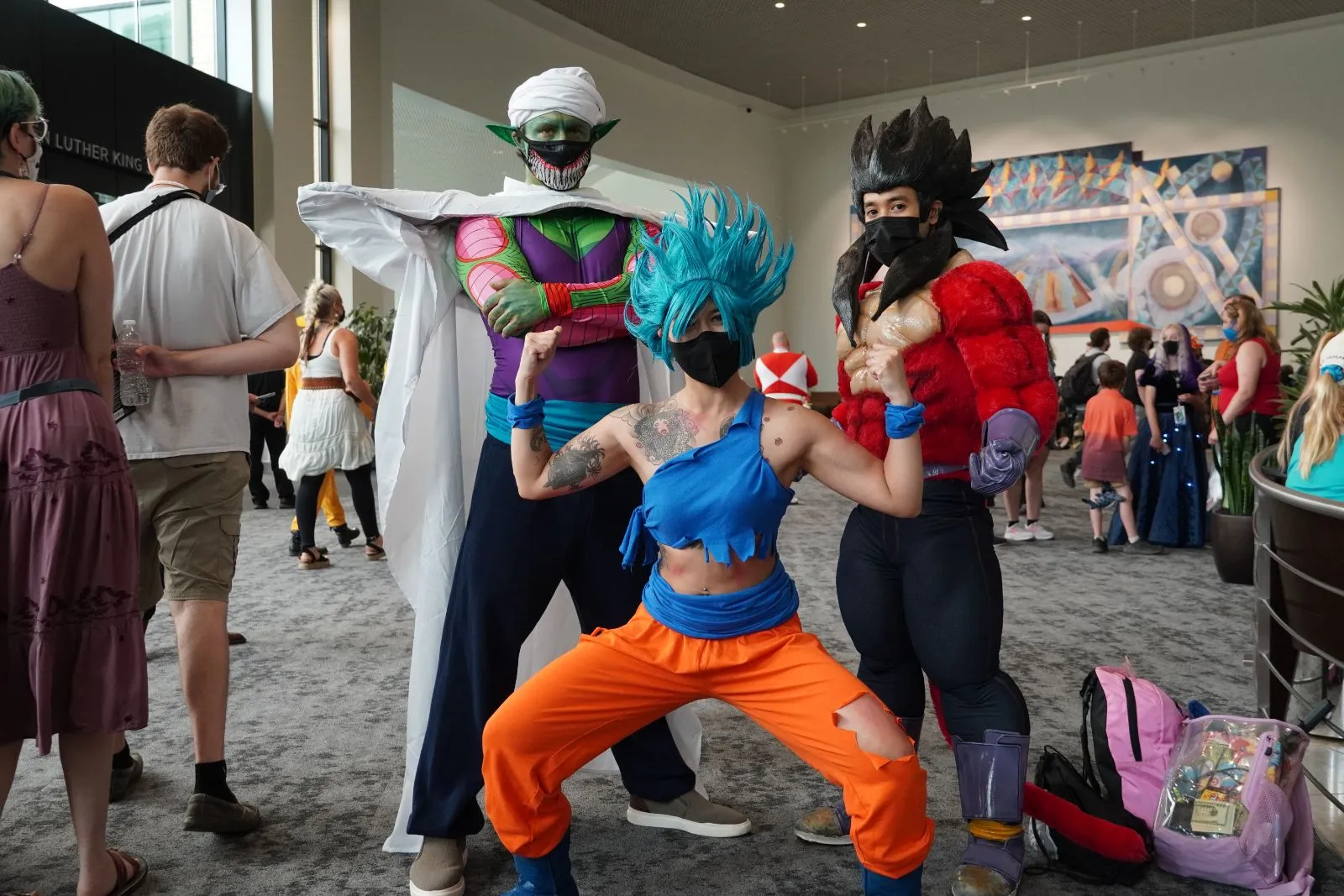
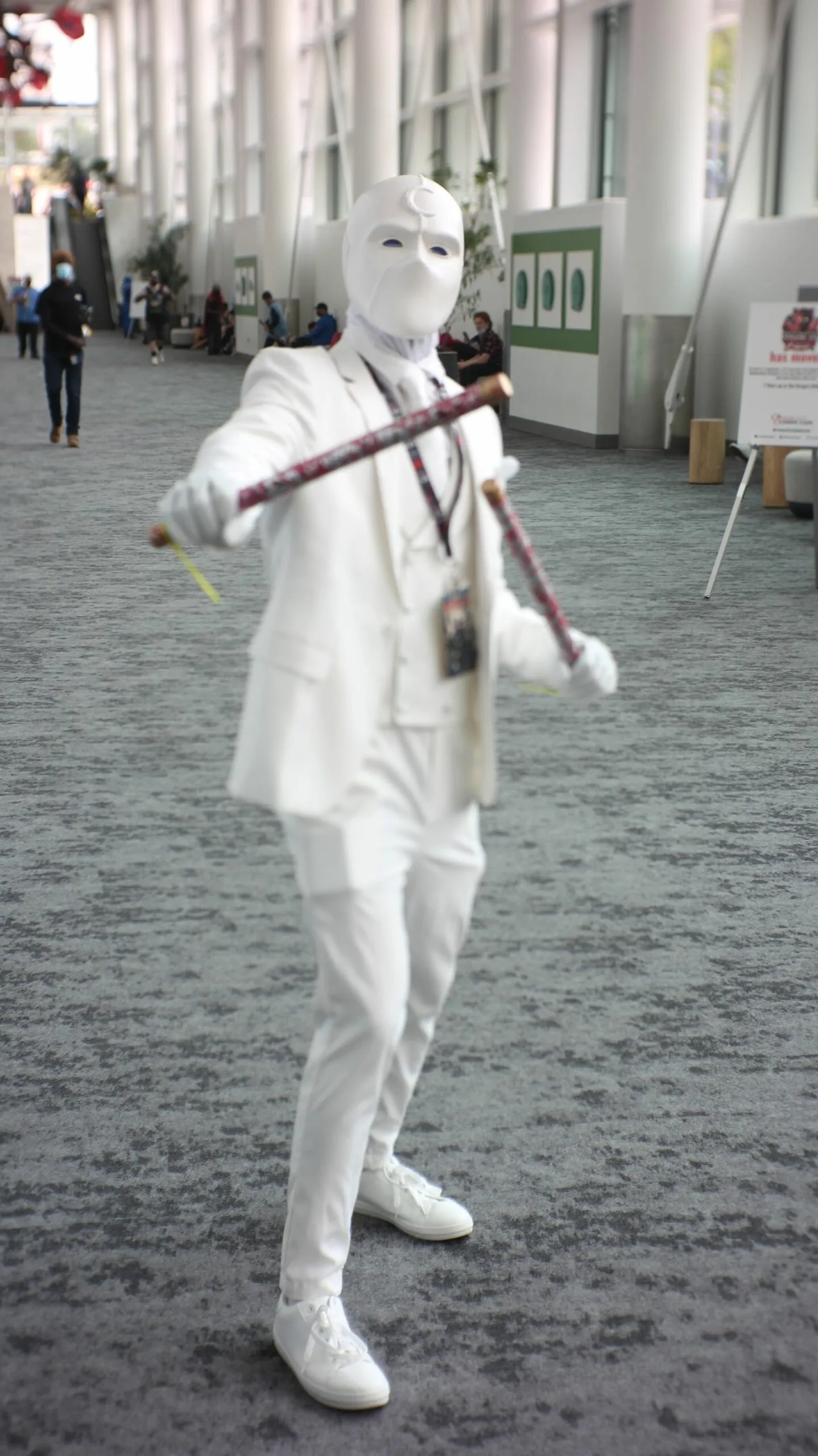
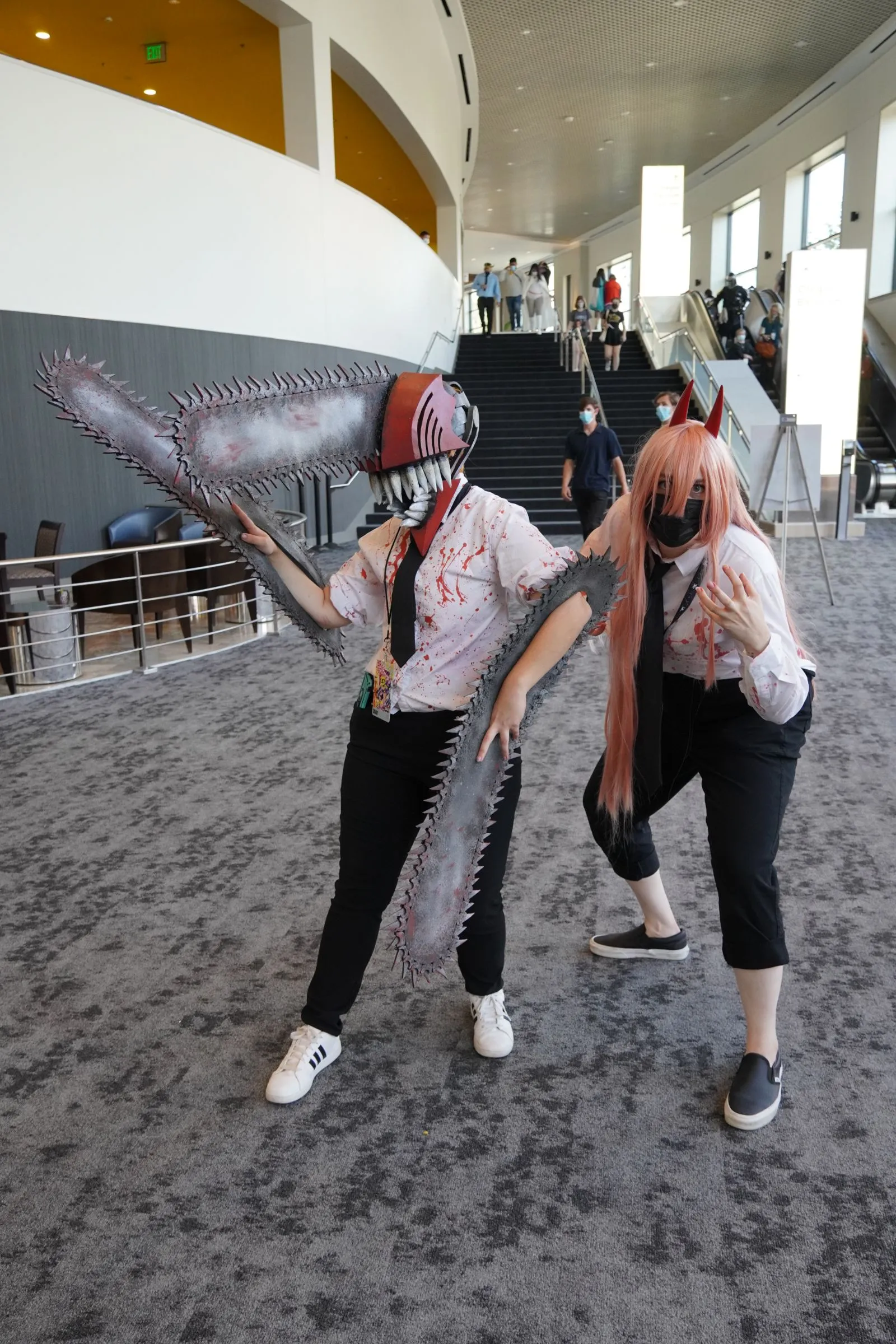
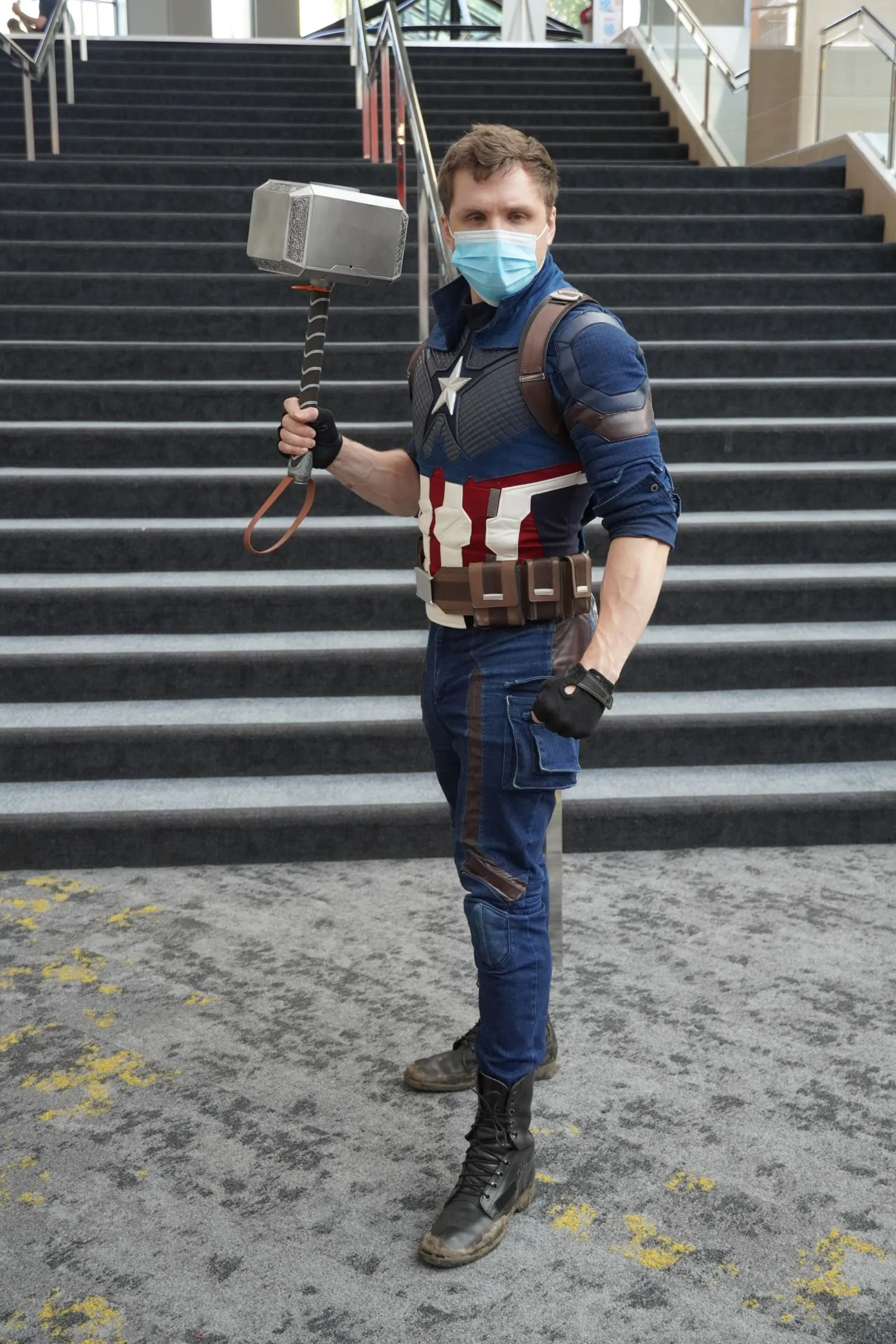
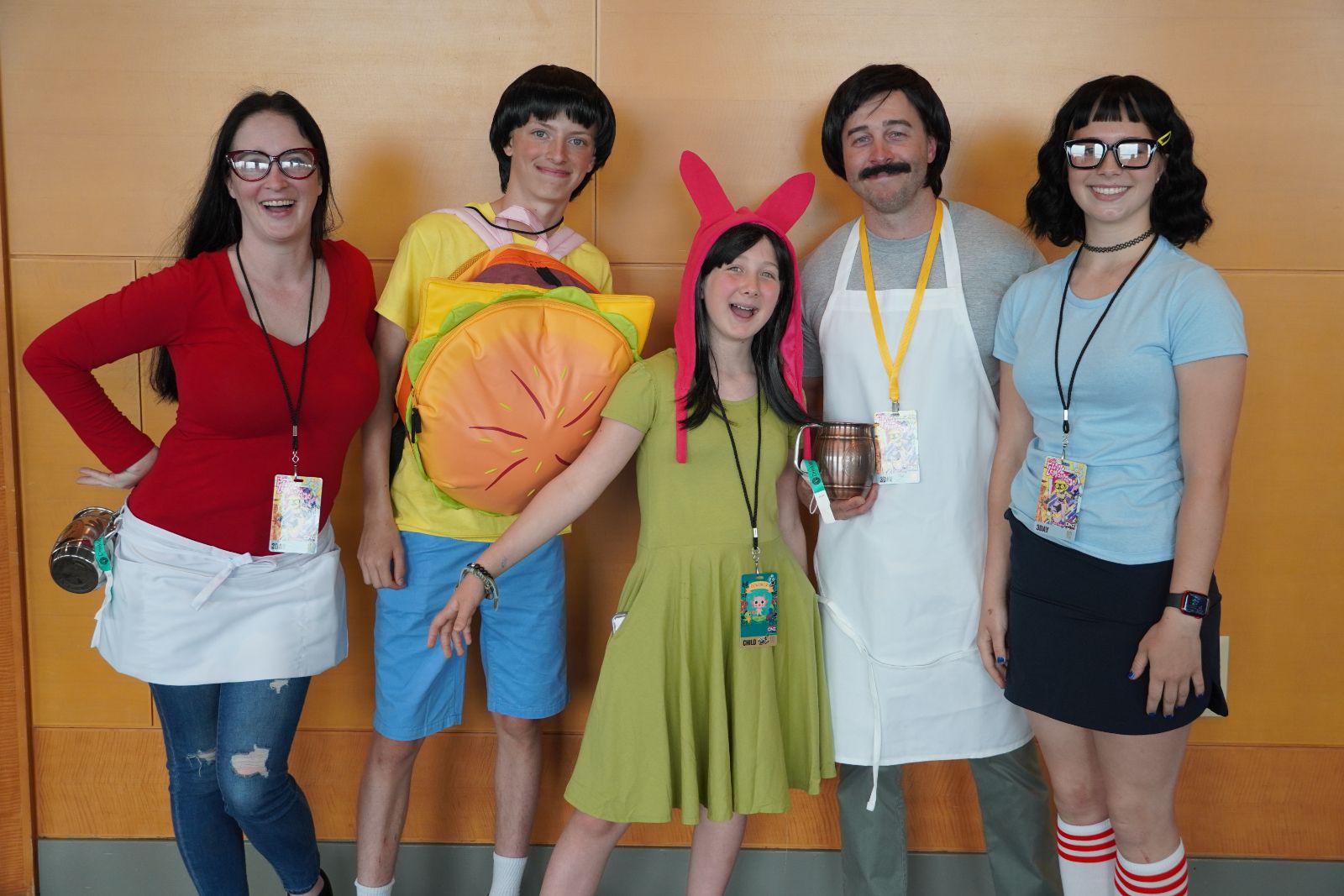

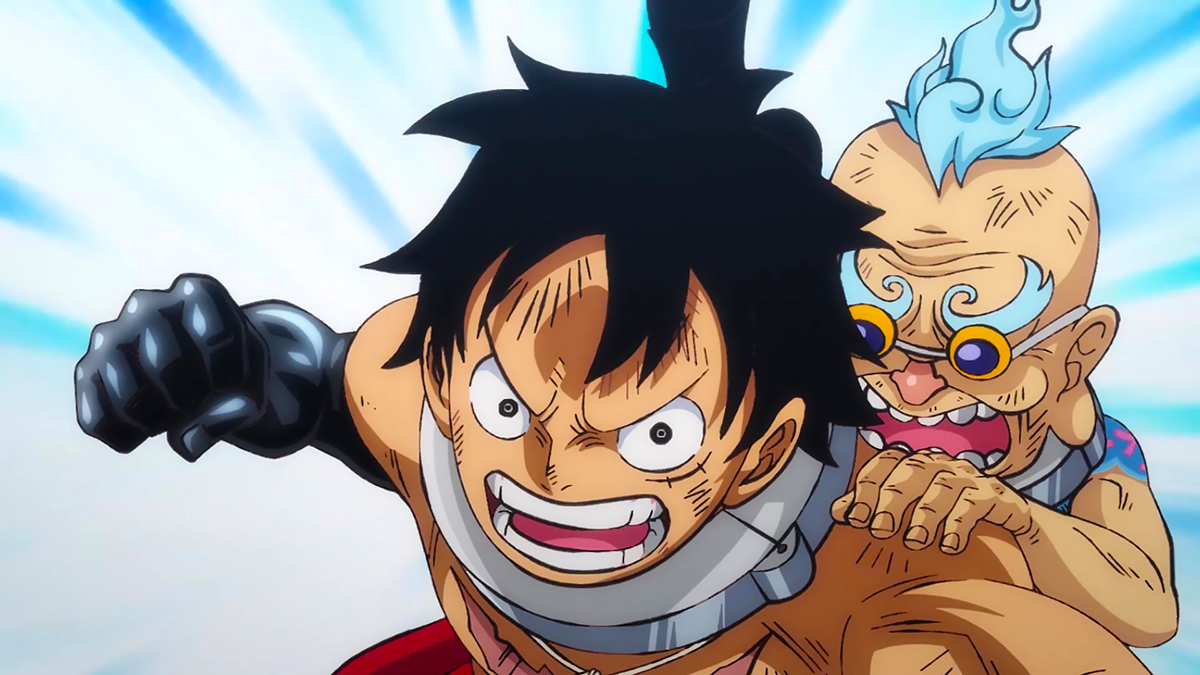
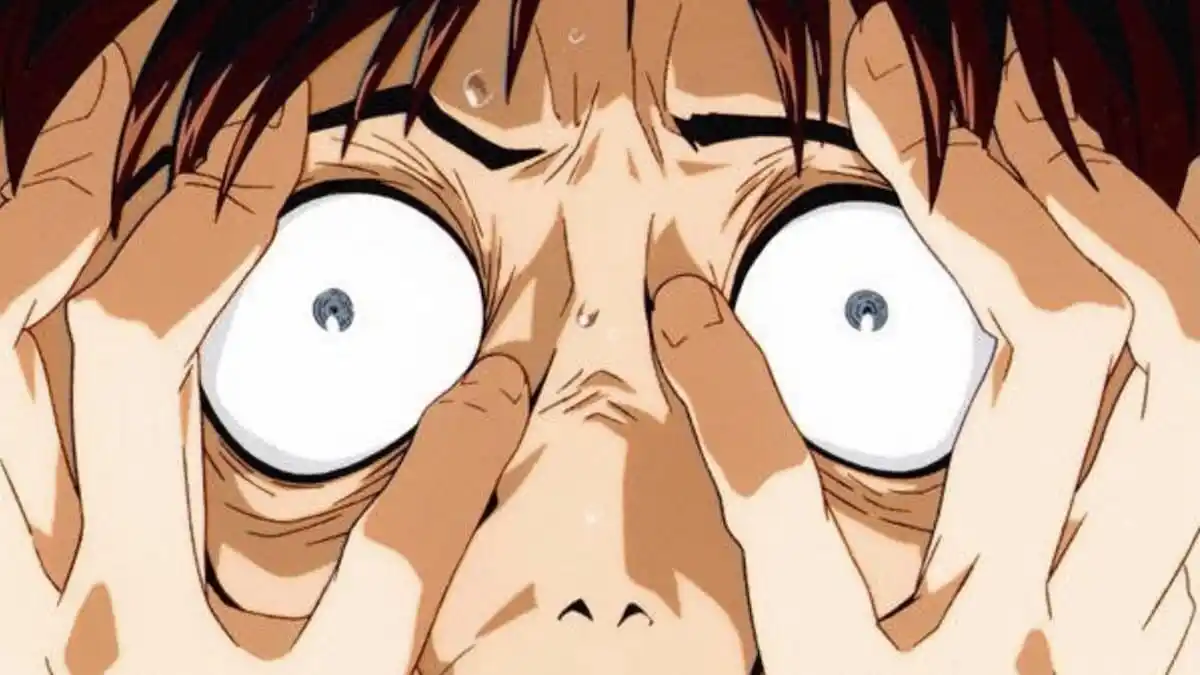
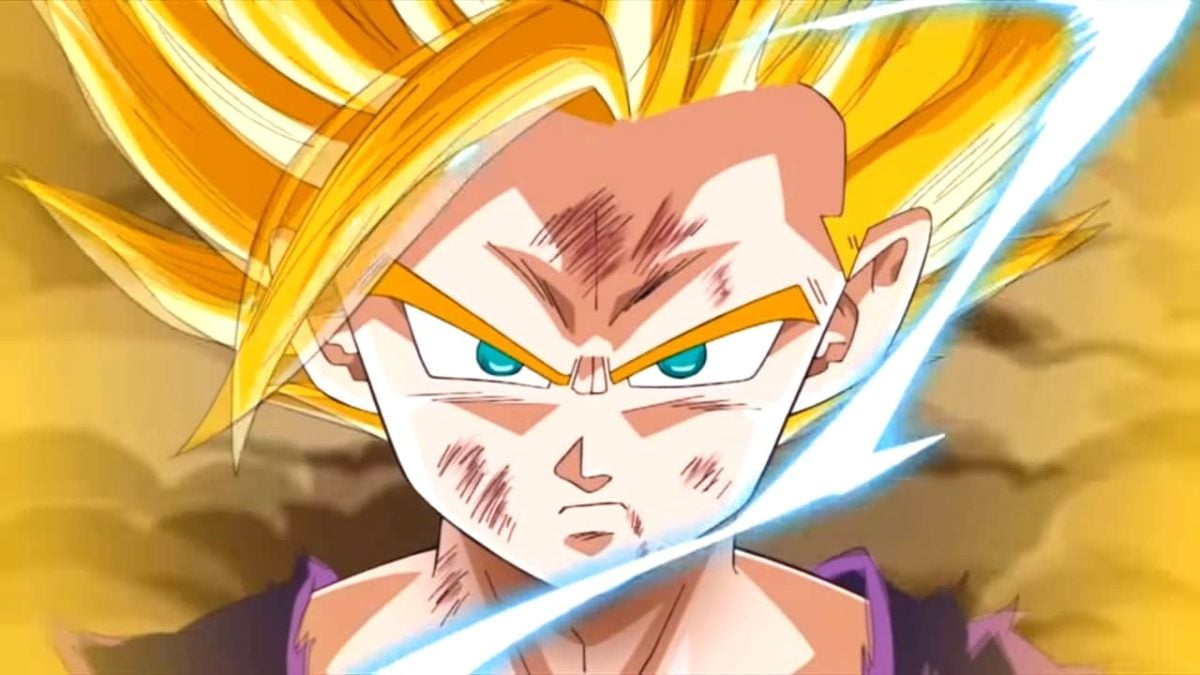
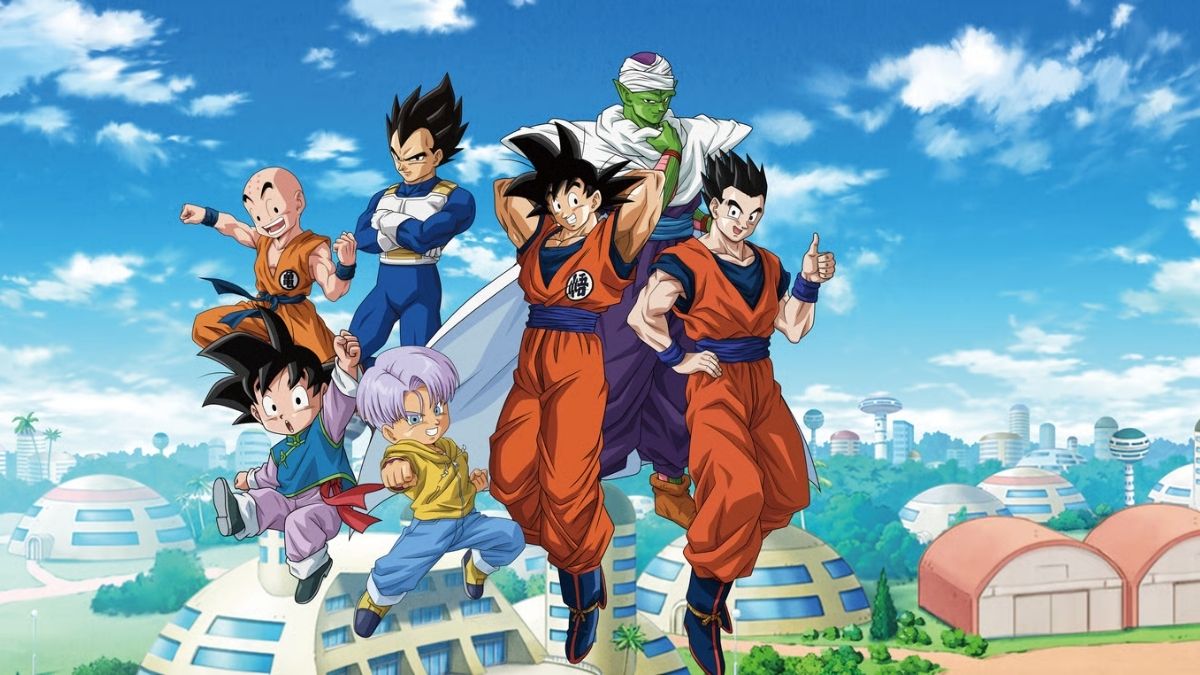
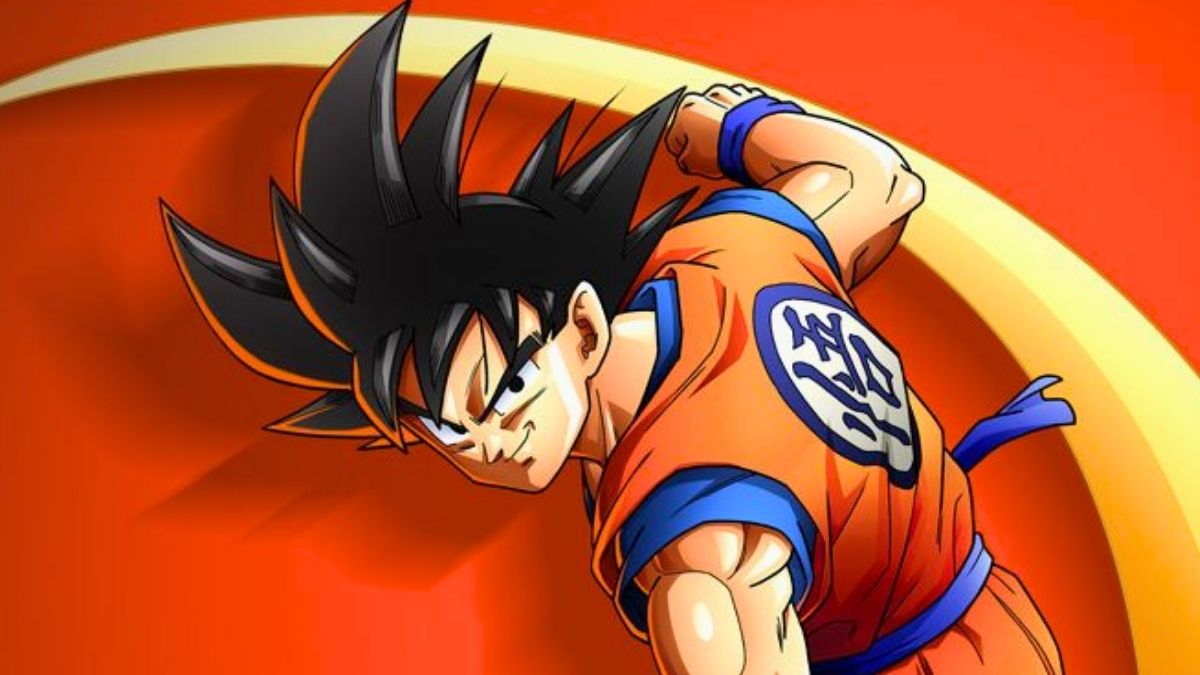

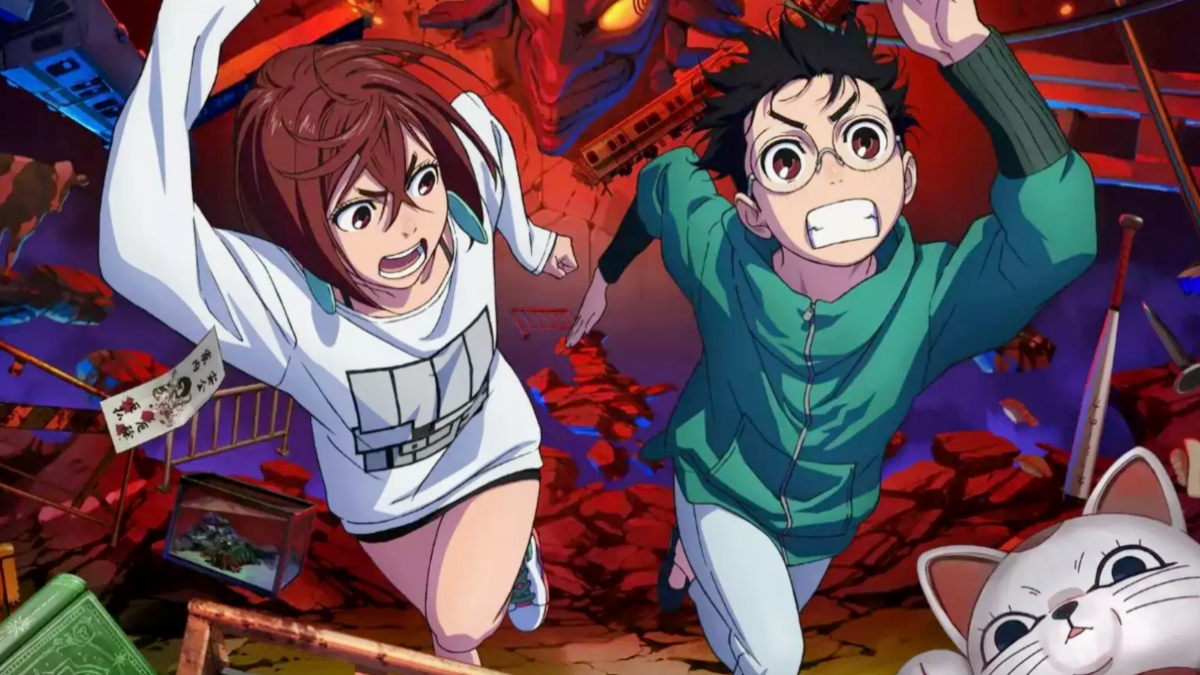

Published: Sep 12, 2022 06:53 pm